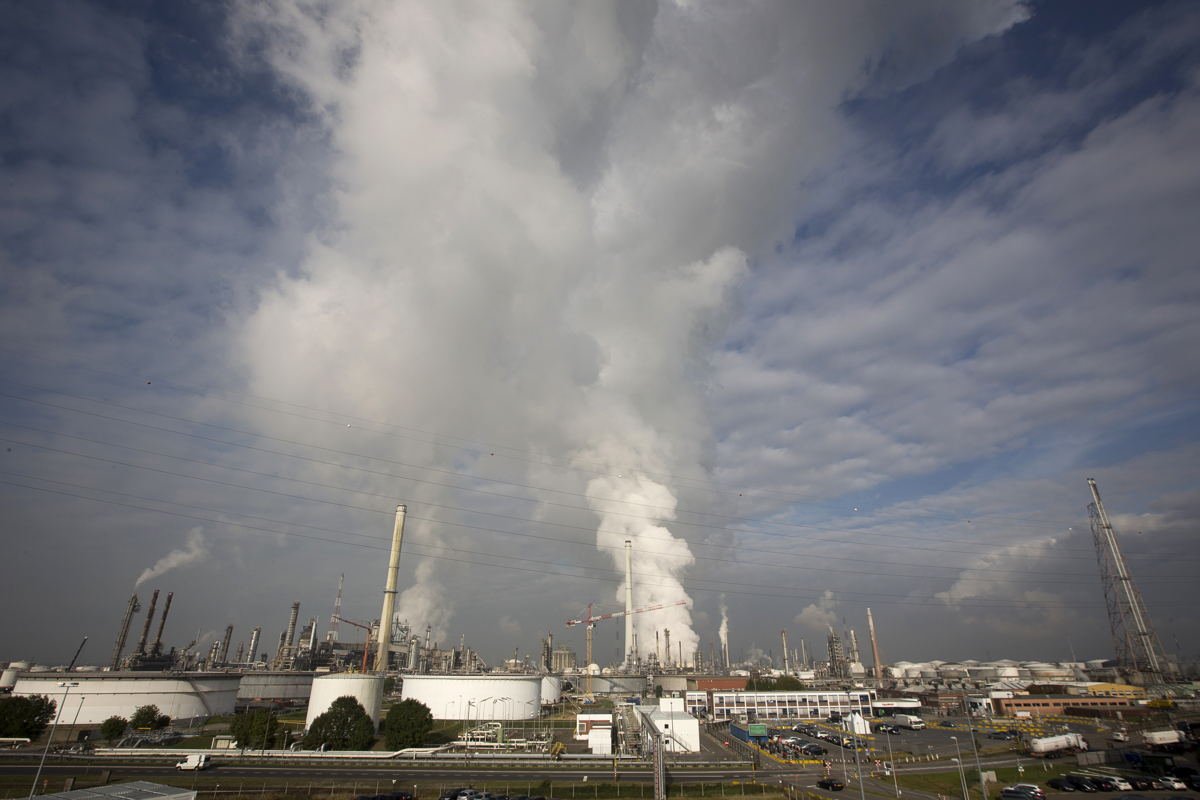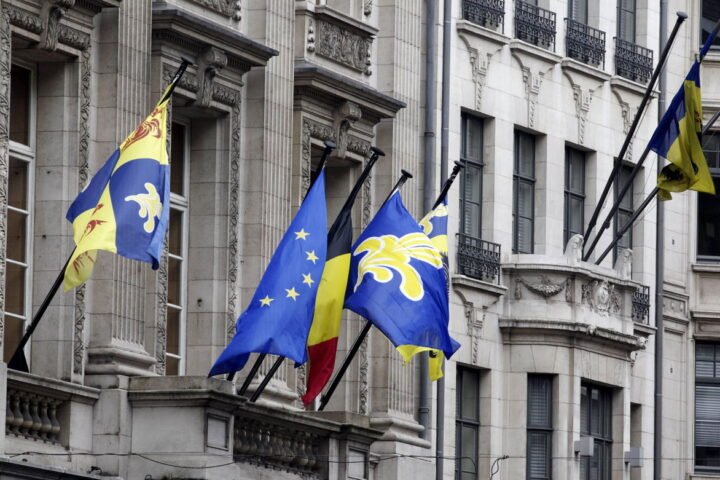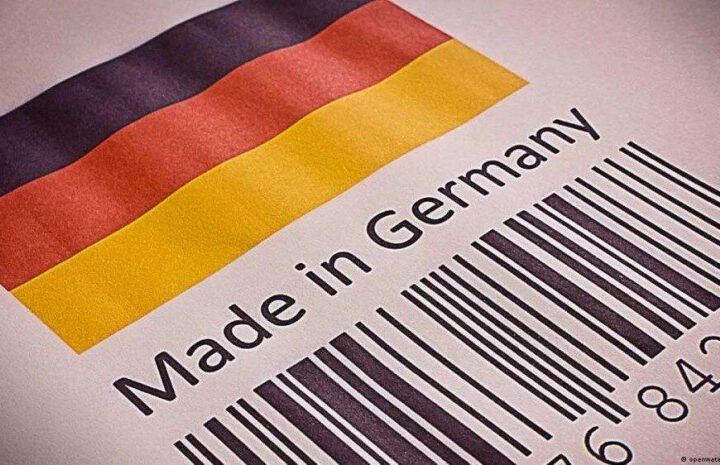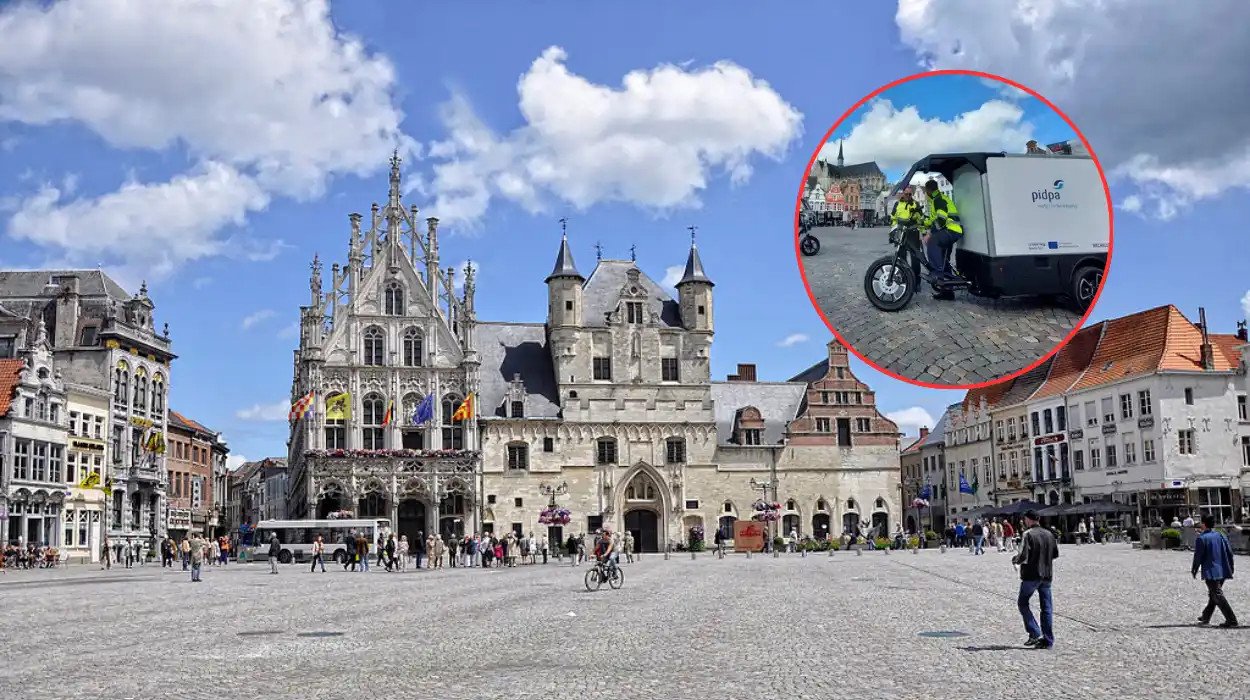Flemish Government’s CO2 Emission Compensation Soars to 270 Million Euros
The Flemish government’s compensation for major CO2 emitters is set to escalate sharply from 36 million euros in 2019 to a staggering 270 million euros by 2025, according to a recent parliamentary inquiry from Groen MP Aimen Horch to minister president Matthias Diependaele, who oversees industrial policy, reports 24brussels.
This compensation scheme aims to offset “indirect emission costs” affecting energy-intensive industries burdened with rising electricity expenses due to the EU Emissions Trading System (ETS). Under the first phase of the ETS, companies are required to obtain allowances for every ton of CO2 emitted, with the revenue generated returned to Flanders to stimulate industrial decarbonization.
Diependaele emphasized the necessity of these subsidies, stating, “If we stop supporting industrial companies through this mechanism, they will close their operations in Flanders.” Nonetheless, energy producers are allowed to pass the costs of ETS allowances onto consumers, ultimately shifting the financial load onto the public.
Industries with high electricity consumption are considered vulnerable to competitive disadvantages against rivals in regions with less stringent climate regulations. To alleviate this, Flanders utilizes a fraction of the ETS revenue to reimburse these indirect emission expenses.
“If we stop supporting industrial companies through this mechanism, they will close their operations in Flanders,” asserted Diependaele.
In exchange for these subsidies, companies are mandated to present a climate plan and pledge to invest in energy-efficient initiatives. However, Horch criticized this approach as mere “window dressing,” claiming there is inadequate oversight.
Industrial Giants Benefiting from Subsidies
Among the principal beneficiaries of this compensation strategy are major corporations like ArcelorMittal, BASF, ExxonMobil, and TotalEnergies. Horch acknowledged the merit in supporting companies like ArcelorMittal, which is actively investing in green steel. However, he expressed concerns over subsidies granted to Total and ExxonMobil, especially as the latter reported an almost 10 percent increase in greenhouse gas emissions from 2018 to 2023, while receiving over 15 million euros in climate aid in 2024.
Despite the existence of similar subsidy mechanisms in neighboring nations, Diependaele noted the lack of clarity regarding whether the Flemish compensation scheme is disproportionately high compared to those in other EU member states. An upcoming spending review, with findings expected in 2026, is intended to assess this matter.
Examination of Fossil Fuel Subsidies
In alignment with commitments made by all EU member countries, Belgium has pledged to phase out fossil fuel subsidies by 2030. Nevertheless, recent data from 2022 indicates a troubling rise in these subsidies rather than a decline, encompassing VAT exemptions for air travel, fuel tax advantages, and energy support for vulnerable households.
Direct subsidies grew from 12 billion euros to 13.3 billion euros in 2022, largely attributed to temporary measures implemented to support households during the energy crisis, such as the expanded social tariff. Organizations such as the OECD and the European Commission have renewed calls for Belgium to accelerate the reduction of fossil fuel subsidies.










